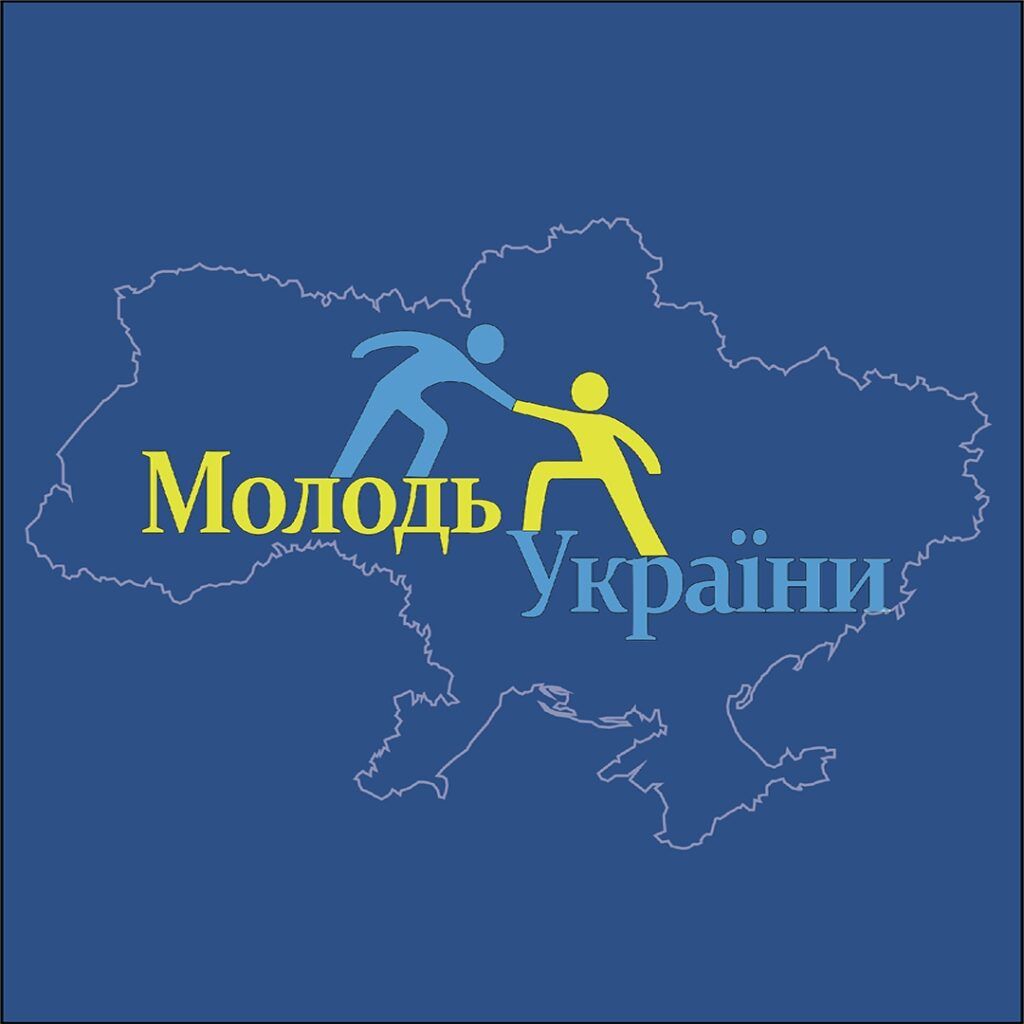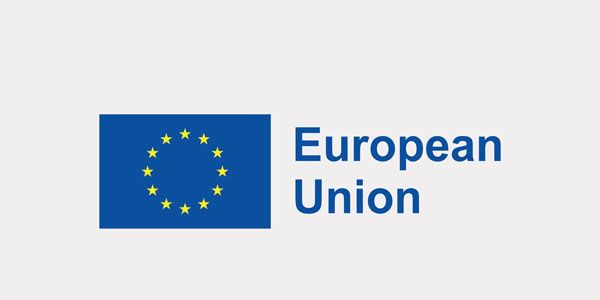The Issue
Communities in Mykolaiv and Kherson oblasts face immense challenges following the destruction caused by the ongoing war in Ukraine. Widespread damage to critical infrastructure—such as water pipelines, heating systems, and electricity grids—has left many without access to essential services. The situation is further exacerbated by Ukraine’s harsh winters, with temperatures dropping to -20°C, making stable access to electricity, water, and heating not just a necessity, but a matter of survival.
Frontline communities are particularly vulnerable, as public utilities, schools, hospitals, and residential areas remain heavily damaged or inaccessible due to explosive hazards. Local service providers are often overwhelmed or under-resourced, and the national energy system remains a frequent target of attacks, threatening basic service delivery.
At the same time, community groups—embedded in local networks and trusted by residents—have consistently stepped up to fill critical gaps, often with limited support. However, despite widespread calls for localization, only a small share of international assistance reaches these actors directly. Supporting community-led responses addresses this disconnect, recognizing the value of local knowledge, existing relationships, and the ability to deliver tailored solutions efficiently. Strengthening these groups is essential to ensuring services reach those in need and that communities can withstand future shocks.
The Project
The project will improve the ability of communities in Mykolaiv and Kherson oblasts to cope with harsh winter conditions by restoring access to essential services such as heating, water, and electricity. Through cash grants, formally registered community groups will receive direct support to implement local winterization projects such as insulating public buildings, upgrading heating systems, and improving public lighting. These community-led activities will strengthen critical infrastructure and ensure services remain accessible even during winter.
In parallel, the project will repair and upgrade essential infrastructure using a “Build Back Better” approach, targeting heating and water systems not covered by other recovery efforts. Nine infrastructure sites will be rehabilitated. To reduce dependency on unstable power grids, solar panels and control units will be installed at 20 water points across 10 communities. Three solar-powered mobile units combining energy and clean water solutions will be deployed to vulnerable areas.
Together, these interventions will lead to more reliable service provision, stronger local resilience, and improved autonomy for communities and service providers. By supporting both immediate winterization needs and long-term sustainability through clean energy integration, the project ensures critical services can operate independently—even during crisis conditions.

The Change
This project will have a transformative impact on war-affected communities in Mykolaiv and Kherson. By restoring heating, electricity, and clean water access before winter, it will directly reduce illness, hardship, and even loss of life among the most vulnerable – especially the elderly, children, and people in medical facilities. The fear of freezing in unheated homes or drinking contaminated water will be replaced with safety, stability, and renewed dignity.
Beyond the immediate survival needs, the project fosters long-term recovery. Community groups will gain the means and skills to solve their own problems, strengthening social cohesion and a sense of control in an otherwise unpredictable environment. Local economies will also benefit, as materials are procured locally and services restored to homes, schools, and public institutions.
Crucially, the introduction of solar energy and mobile water units lays the groundwork for future resilience. These innovations reduce dependence on fragile power infrastructure and help protect people from the consequences of future attacks or climate-related disruptions. As a result, communities emerge not only warmer and safer, but stronger and more self-reliant.
Our Partners
DCA-NCA is working with the following partners to implement the project. These partners play a critical role in implementing the project:
ADRA Ukraine & ADRA Denmark
ADRA Ukraine as strong national NGO has a strong presence across Ukraine with highly qualified staff and teams specialised in recovery and reconstruction of critical and social infrastructure. ADRA Denmark has qualified and relevant experience in designing, implementing and managing recovery projects globally as well as in Ukraine.
Youth of Ukraine (YoU)
Youth of Ukraine (YoU) has extensive experience in various areas, such as water supply, sanitation and infrastructure repair. By empowering the most vulnerable children and families and meeting the most acute needs of the beneficiaries, YoU is building a safe and supportive environment in the southern region of Ukraine.
Our Work
DCA-NCA works in Ukraine to empower individuals and communities to enhance their resilience in the face of the diverse and devastating impacts of war. Our focus is on assisting communities in mitigating risks, adapting to challenges, and connecting long-term development efforts with emergency responses. We foster self-confidence, trust, and community cohesion.




